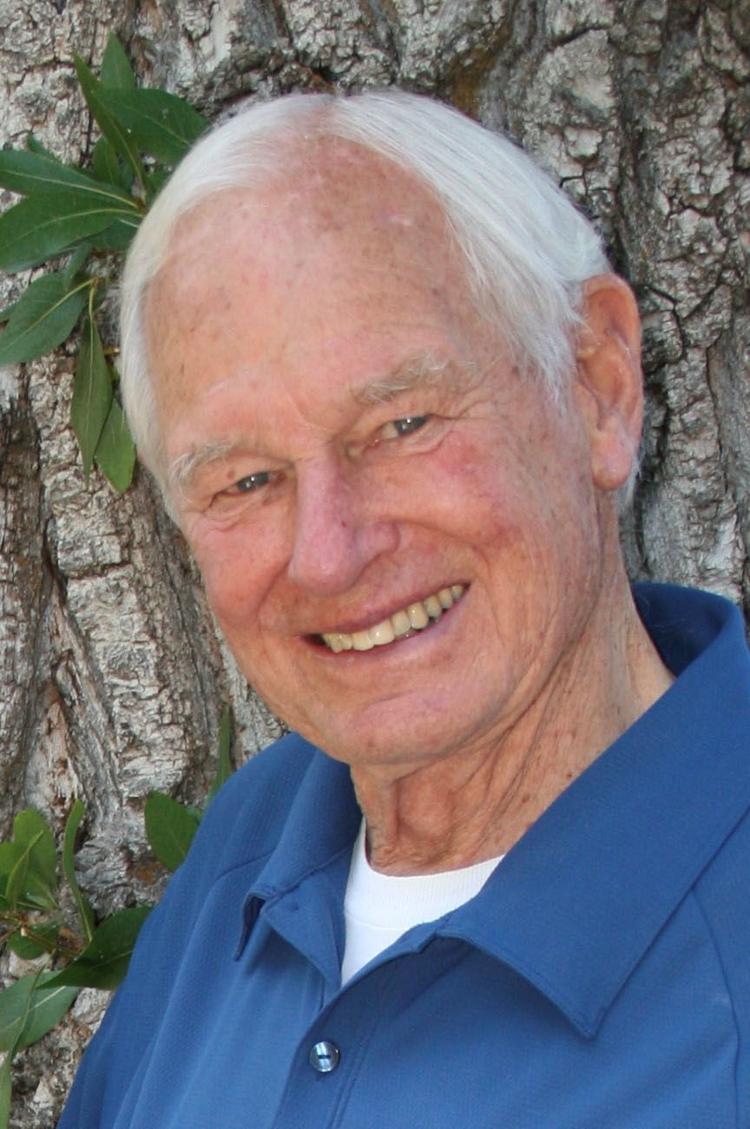
Dr. John Feagin, a pioneer of arthroscopic knee surgery who served as U.S. Ski Team physician during the 1992 Albertville Olympics, died September 1 at his home in Jackson, Wyoming, at age 85.
A 1955 graduate of West Point, Feagin served two years as an artillery officer, then entered Duke University as the first active-duty U.S. Army officer to attend medical school. Graduating in 1961, he completed a surgery internship at Tripler Army Medical Center in Hawaii, followed by an orthopaedic surgery residency at Walter Reed Army Hospital. He served as an orthopaedic surgeon in Vietnam 1966-67 with the 85th Evacuation Hospital in Qui Nhon.
Feagin returned to West Point and served as an orthopaedic surgeon at Keller Army Hospital and team physician for the Army athletic teams from 1967-72. He then completed a fellowship in hip replacement surgery in England with Sir John Charnley at Wrightington Hospital, then taught orthopedic surgery at the Letterman Army Medical Center. After a final assignment as commander of West Point’s Keller Army Hospital, Col. Feagin retired in 1979
Dr. Feagin practiced orthopaedic surgery in Jackson from 1979 to 1989, and soon was treating local ski racers. He was recruited as team physician for U.S. Olympic teams and the U.S. Ski Team.
Dr. Feagin returned to Duke in 1989 as Associate Professor of Surgery and team physician for Duke Athletics. He retired from clinical practice in 1999 and remained on the Duke faculty as Associate Professor Emeritus of Orthopaedic Surgery.
In retirement, Dr. Feagin continued to do what he loved. He soloed a Cessna 172 across the Atlantic, both ways. He taught medicine at Duke, West Point, and the Steadman Clinic in Vail, where he lived until returning to Jackson Hole in 2015.
Feagin was a founder and president of the American Orthopaedic Society for Sports Medicine (AOSSM), and a trustee of the United States Military Academy. The family asks that donations in his memory go the Feagin Leadership Program, an educational initiative at Duke University that encourages developing young medical professionals into effective, ethical leaders who will positively influence healthcare.

Add new comment